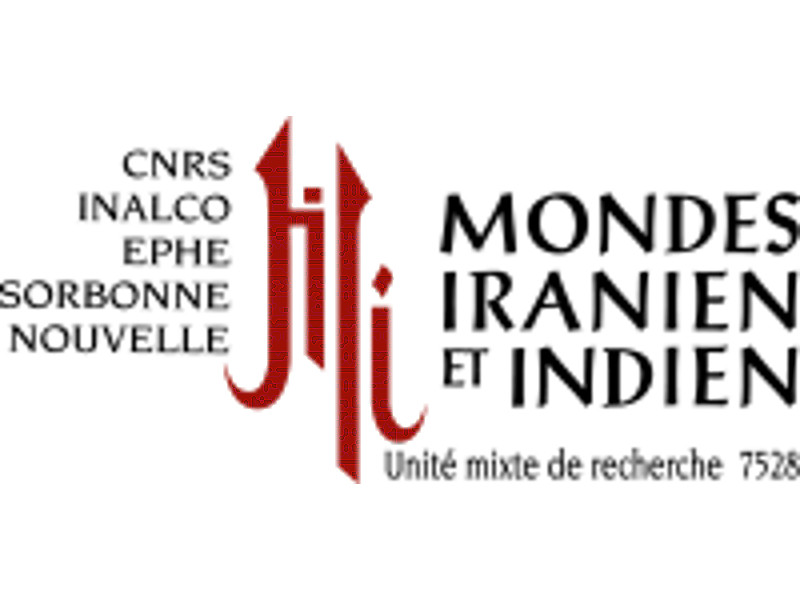
Séminaire « Sociétés, politiques et cultures du monde iranien »
Organisé par l’UMR « Mondes iranien et indien »
Date : le 4 avril 2019, de 17h00 à 19h00
Lieu : INaLCO, salle 5.01, 65 rue des Grands Moulins, 75013 Paris
Farangis GHADERI, Honorary research fellow, University of Exeter
« A Critical History of the Evolution of Modern Kurdish Poetry from the Late Nineteenth Century to the 1940s »
Traditional Kurdish literary criticism has presented the emergence of modern poetry as a radical break with the classical poetry in which, as a result of familiarity with European poetry, traditional metrical and rhyme systems were abandoned and instead syllabic meter and free rhyme scheme were employed. It maintains that the poetic “revolution” was initiated by Abdula Goran, known as “the father of modern Kurdish poetry”. In this paper, I challenge this established approach and argue that poetic modernisation was a complex process which unfolded over the oeuvres of generations of poets and although inspired by European poetry at the later stages of its development, it was largely the political and social transformations of the late Ottoman Empire which generated its emergence. I argue that modern poetry was the literary form which accompanied the emergence of Kurdish nationalism, a phenomenon which can be equated with the role played by the novel in Europe. Incorporating new social and political discourses in poetry resulted in a series of gradual transformations without entirely breaking the old poetic system. A close reading of Kurdish poetry from the late nineteenth century to the 1940s illustrates a gradual move from the classical poetic conventions and a successive introduction of new perspectives, rhetoric, and literary devices into the poetic system. I illustrate that noticeable changes in the form of the poetry took place only in the later stages of the modernisation process mainly under the influence of modern Turkish poetry and the revival of interest in Kurdish folklore and classical Kurdish-Gorani poetry.
Dr Farangis GHADERI obtained her PhD in Kurdish Studies from the Institute of Arab and Islamic Studies at the University of Exeter in 2016. Her doctoral research examined the emergence and the development of modern Kurdish poetry from the late nineteenth century to the 1940s. She has taught Kurdish and Persian languages at the Institute of Arab and Islamic Studies of the University of Exeter where she is currently an honorary research fellow. She also works as an independent Middle East consultant and expert witness in the UK.
Organisateurs : Amr Ahmed (INaLCO), Samra Azarnouche (EPHE), Oliver Bast (Sorbonne nouvelle – Paris 3), Agnès Devictor (Université Paris 1 – Panthéon-Sorbonne), Julien Thorez (CNRS).
